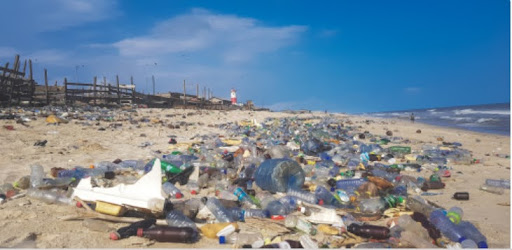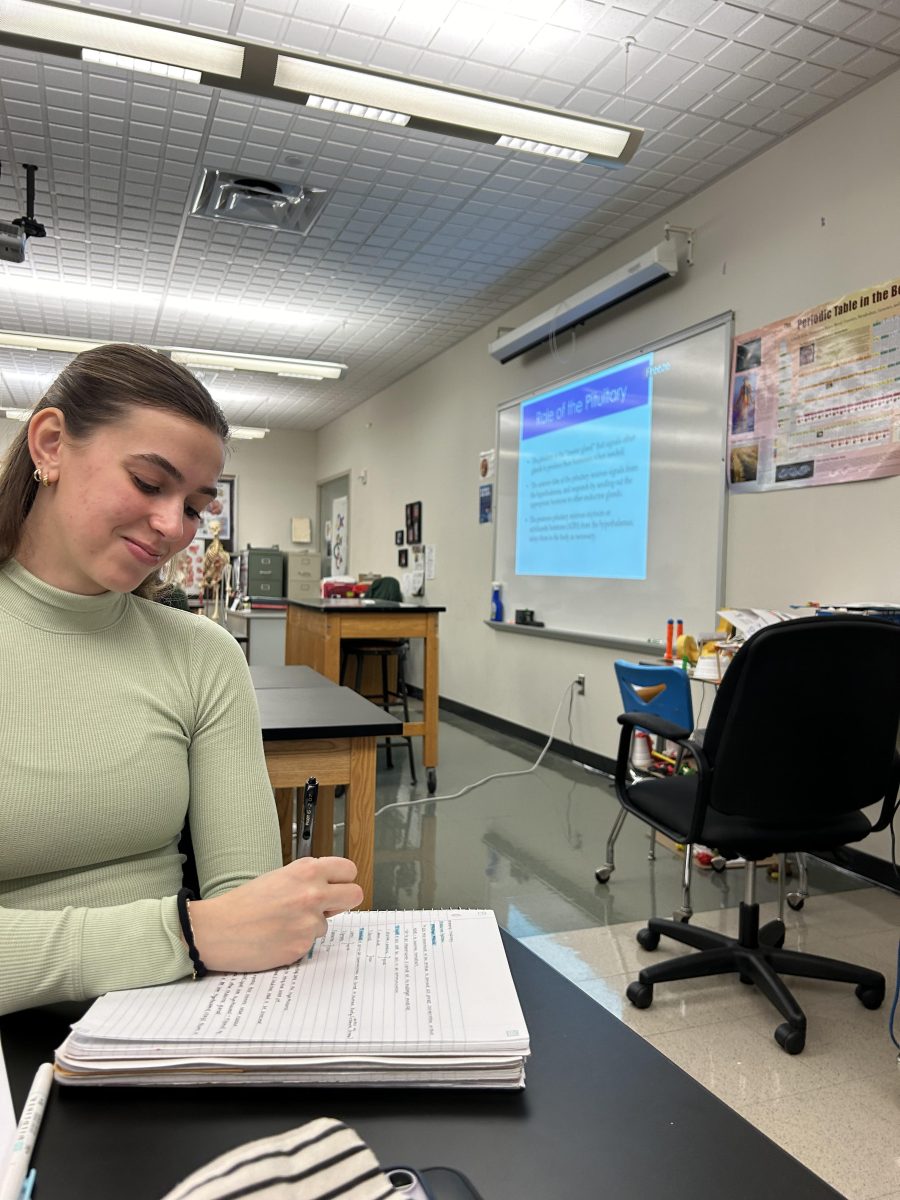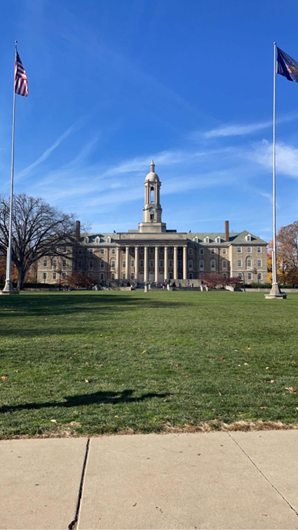The prevalence of single-use plastic and the mounting issue of plastic waste have become real concerns that are worsening by the day and are in dire need of attention. Single-use plastic refers to products made mainly from fossil fuel-based chemicals, like petroleum, that are created to be thrown away shortly after use. People use these products daily, like plastic bags, straws, water bottles, food packaging, utensils, and disposable coffee cups. Plastic was invented in the mid-19th century, and since the early 20th century, its development and use have become insanely popular. Plastic is so indispensable that it’s hard to picture a world without it. The National Institutes of Health estimates that between 1950 and 2015, the world produced 6,300 million metric tons of plastic. Plastic does play an important role in various industries, such as the medical field. Still, A 2021 study by researchers at the University of Cádiz revealed that 44 percent of plastic waste in our rivers, oceans, and shorelines is plastic bags, bottles, and take-out food-related items. This presents us with a huge issue- synthetic plastic never truly disappears. Plastic products are made to defy the natural decay process, only fragmenting into smaller and smaller pieces. Plastics fill up landfills, oceans, and our environment, directly affecting ecosystems and human life.
The extreme amount of plastic piling up all over the globe has encouraged people to start recycling plastics. Materials like glass, paper, and aluminum are recycled to some degree, and efforts have been made to do the same with plastic. This can be a complicated process with limitations as far as what kinds of plastics can be recycled. Globally, only 9% of plastic is recycled, and 22% of plastic waste is mismanaged, according to the Organization for Economic Cooperation and Development. Evan Tyce, an Environmental Science teacher at Pennridge, believes recycling may not be “economically viable,” saying, “In the US, you may have plastics that are recyclable, but companies don’t make enough money to recycle them.” Even though recycling plastic may not be economically feasible on a large scale, there has been some success. Car suppliers have been able to recycle polyurethanes, a plastic found in the dashboards and panels of people’s cars. Our best option is to limit the amount of plastic we use on a consumer level and limit improper disposal of these products. Russel Allen, A full-time cook at Hidden Meadows on the Ride, believes this may be possible. “At work, I try to limit the amount of plastic plates and silverware used during meals.” He added, “It can be unnecessary when there are reusable alternatives at hand.”
Plastic waste has entered our oceans and created garbage islands like the Great Pacific Garbage Patch. Microplastics enter the food chain and disturb entire ecosystems, affecting people who rely on them for food. A report issued by the Center for International Environmental Law revealed that generating plastic contributes to greenhouse gas emissions at every stage in its lifecycle. From production to refining and waste management, plastic contributes to climate change. As consumers, we can limit the use of certain plastic items by packing reusable bags when shopping, using refillable water bottles, investing in reusable straws and containers, and opting for products with minimal packaging.
Sources:
https://school.eb.com/levels/high/article/plastic/108561
https://school.eb.com/levels/high/article/microplastics/630215
https://school.eb.com/levels/high/article/plastic-pollution/477253
https://www.universityofcalifornia.edu/news/83-billion-metric-tons-plastic-and-counting
https://school.eb.com/levels/high/article/bioplastic/471398






